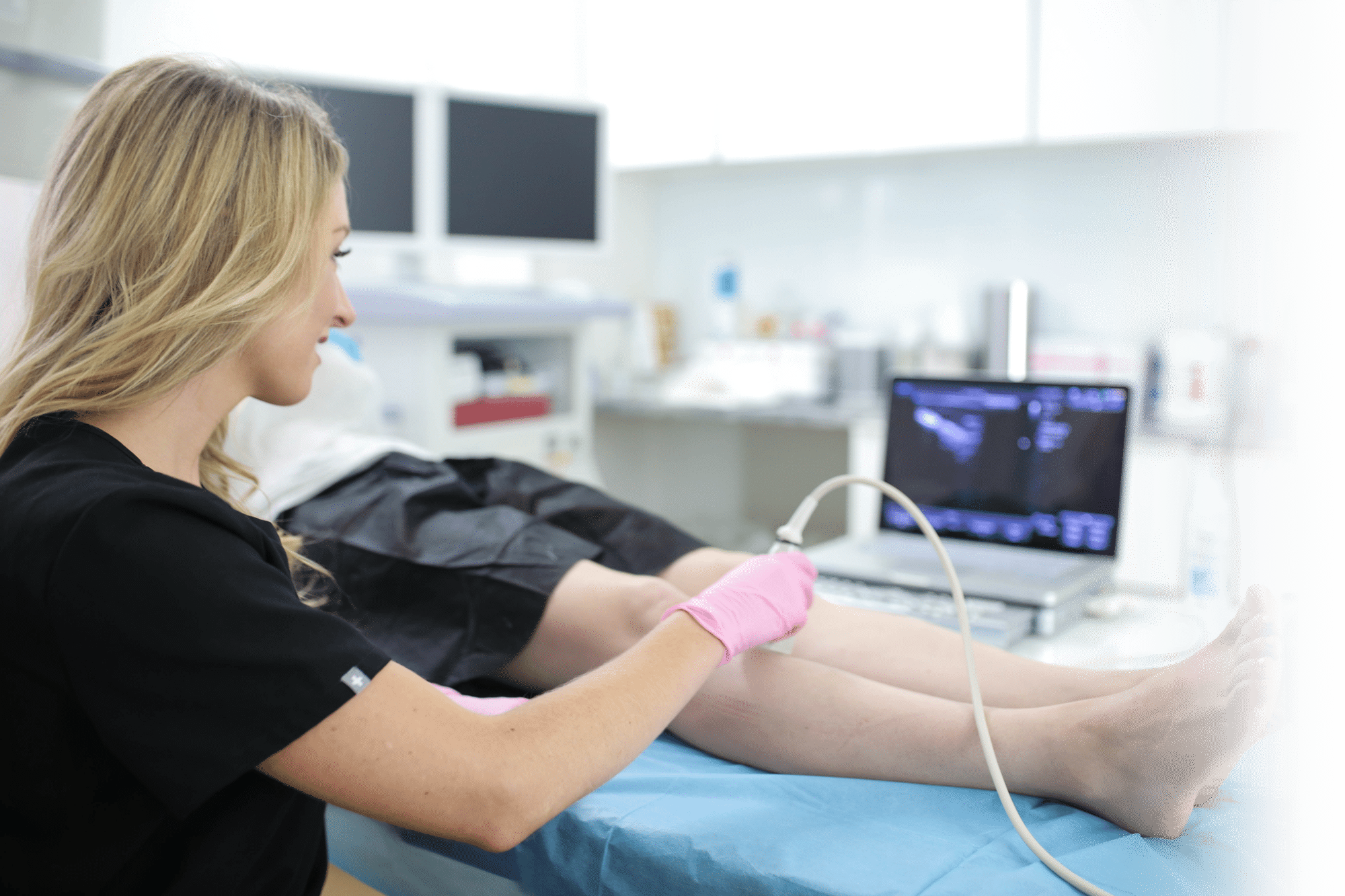What Conditions Warrant A Consultation With A Vascular Doctor?
When it comes to our health, it's important to seek specialized medical advice when necessary. Vascular doctors, also known as vascular surgeons or phlebologists, are experts who specialize in diagnosing and treating conditions related to the blood vessels. In this article, we will explore the conditions that warrant a consultation When to see a Vascular Doctor, focusing on when to seek their expertise. Additionally, we will discuss the cost of varicose vein treatment, one of the common conditions treated by vascular doctors.
Understanding Vascular Doctors And Their Expertise
Vascular doctors are medical professionals who have undergone specialized training in diagnosing and treating diseases of the blood vessels, such as arteries and veins. They possess extensive knowledge of the circulatory system and can effectively manage conditions ranging from varicose veins to more severe vascular diseases. If you experience any symptoms related to your blood vessels, consulting a vascular doctor is crucial for accurate diagnosis and appropriate treatment.

Conditions Warranting A Consultation With A Vascular Doctor
Peripheral Arterial Disease (PAD)
PAD occurs when the arteries in your limbs narrow or become blocked, leading to reduced blood flow. Symptoms may include leg pain, cramping, numbness, or slow-healing wounds. If you experience these symptoms, especially if they worsen with physical activity or are accompanied by non-healing wounds, it is advisable to see a vascular doctor.
Deep Vein Thrombosis (DVT)
DVT is a blood clot that forms in the deep veins of the legs or pelvis. It can cause leg pain, swelling, warmth, and redness. If you have these symptoms, particularly if you have risk factors like recent surgery, prolonged immobilization, or a family history of blood clots, consulting a vascular doctor is essential to prevent potential complications.
Varicose Veins
Varicose veins are enlarged, twisted veins that usually appear on the legs. They may cause discomfort, pain, itching, or cosmetic concerns. If you have varicose veins and experience symptoms that affect your quality of life, or if you are concerned about potential complications, a vascular doctor can assess your condition and recommend suitable treatment options.
Aneurysms
Aneurysms are weak areas in blood vessel walls that can enlarge and rupture, leading to life-threatening situations. Aortic aneurysms, for example, can occur in the abdomen or chest. If you have risk factors like a family history of aneurysms, smoking, or high blood pressure, consulting a vascular doctor for evaluation and monitoring is crucial.
Chronic Venous Insufficiency (CVI)
CVI is a condition where the valves in the leg veins do not function properly, causing blood to pool in the legs. Symptoms include leg swelling, heaviness, pain, and skin changes. If you experience these symptoms, a vascular doctor can assess the severity of CVI and recommend appropriate treatment options to alleviate your discomfort.

When To Seek A Vascular Doctor
It is essential to consult a vascular doctor when you experience any of the conditions mentioned above or their associated symptoms. Additionally, if you have a family history of vascular diseases, have previously undergone vascular surgery, or require ongoing monitoring for a vascular condition, regular consultations with a vascular doctor are advised. Early intervention can significantly improve outcomes and prevent complications.
The Cost Of Varicose Vein Treatment
How much does varicose vein treatment cost can vary widely depending on several factors. These factors include the severity of the condition, the type of treatment required, the geographic location, and the healthcare provider. Non-invasive treatments such as compression stockings or lifestyle changes may have lower costs compared to more advanced procedures like sclerotherapy or endovenous laser treatment. Generally, the cost can range from a few hundred to a few thousand dollars per treatment session. It is important to consult with a vascular doctor or a vein specialist to determine the most suitable treatment approach and to get a clear understanding of the expected costs involved. Additionally, insurance coverage may vary, so it is advisable to check with your insurance provider regarding coverage for varicose vein treatments.
Comments
Post a Comment